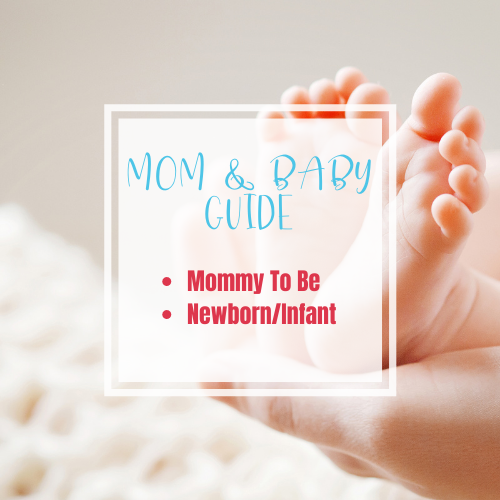Fill Your Pantry
Ask your doctor if you will have any dietary restrictions after surgery and stock your pantry accordingly. Even if you won't require a restricted diet, it's a good idea to purchase food ahead of time that is easy to prepare. Stock up on canned goods and frozen meals. You should also consider making some casseroles and other meals before your surgery. Put them in the freezer for easy reheating when you need them.Investigate Special Equipment
Some surgeries require special equipment for a while. Your doctor will tell you what type of support you'll need when you get home. If mobility is a problem, things like electric hospital beds, elevated toilets and shower seats can help tremendously. You can rent them or borrow them from friends if you don't have the funds to purchase them.If you are looking for a hospital bed for rent, there are many options available to meet your needs. They are adjustable to help you sit up and lie down. If you need extra support getting out of bed, some models come with side handles.
Other equipment you can rent to make things easier includes:
- Wheelchairs and walkers
- Wheelchair ramps
- Lift chairs
- Medical tables
- Stair lifts
Recognize Safety Precautions
After returning home, you will likely feel weak and dizzy for a few days. The lack of food and the fact that you've been in bed for a while make you more prone to falling. Your doctor can help you determine if a cane, crutches or a walker are necessary for a few days or weeks. A few other considerations to reduce the risk of tripping and falling include:- Sleep in a room that is close to the bathroom, if possible.
- Remove excess clutter from your home, or put it in an unused room.
- Always wear comfortable shoes that are flat. To reduce the risk of tripping, slippers should not have an open heel.
- Install night lights in dark hallways.









































No comments
We love hearing from you! Thanks for leaving us some comment love! If you're a new follower, please leave your link, so we can follow you back!